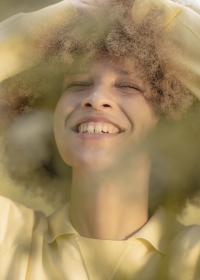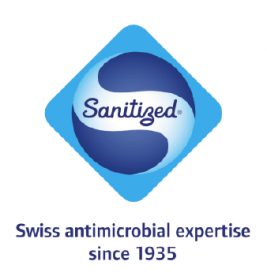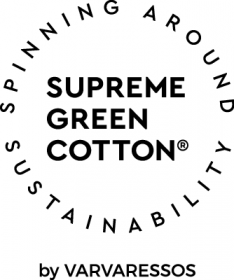Genomatica partners with lululemon bring bio-nylon to apparel
- Renewably Sourced Materials to Help Replace Petrochemicals in Apparel for a Healthier Planet
lululemon athletica inc. (NASDAQ:LULU) announced a multi-year collaboration with sustainable materials leader Genomatica to bring renewably-sourced, bio-based materials into lululemon’s products. This represents lululemon’s first-ever equity investment in a sustainable materials company and Genomatica’s largest partnership within the retail industry. Together, the two companies will create a lower-impact, plant-based nylon to replace conventional nylon, which is the largest volume of synthetic material currently used to make lululemon products.
Genomatica uses biotechnology and fermentation to convert plant-based ingredients into widely used chemical building blocks, like those used to make nylon. These building blocks are converted to pellets and yarns, and the companies will be working closely with lululemon’s fabric supply chain to incorporate this material into future products. Through this collaboration, the companies seek to create positive change within the $22B global nylon market by building more sustainable supply chains.
Method Communications









